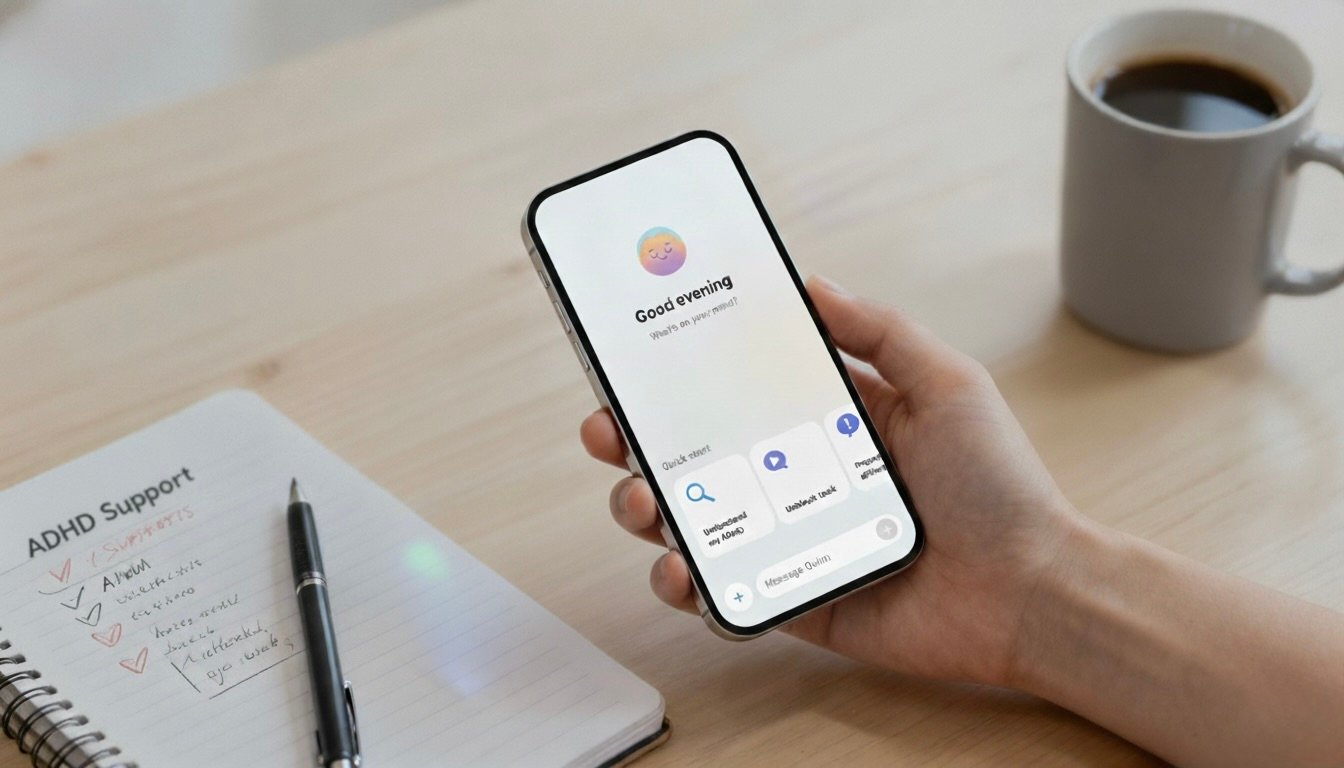I remember the first time a coworker asked how they could support me. While I’d gotten mixed responses when I disclosed having ADHD, this response was refreshingly different. No awkward pauses or strange, prying questions. Just a simple, “How can I help?”
It was exactly what I needed to hear. Over the years, I’ve learned a lot about working with my ADHD. I’ve been lucky to work in environments where the team around me was committed to my success. I hope that, by sharing what was supportive for me, it’ll inspire others to show up, too.
Whether you have a specific ADHD coworker or employee in mind, or you just want to know how to be more supportive in the workplace in general, here are nine tips for you to consider:
How to be supportive of your ADHD coworkers (or employees)
1. Be mindful of workflow interruptions.
Having protected, uninterrupted time to work is crucial for people with ADHD. While some people can rebound from distractions, people with ADHD can find them especially challenging. When chatting with our community on Twitter, interruptions were one of the big complaints ADHDers had around coworking.
👉 You try it:
- Respect the presence of headphones
- Minimize distracting Slack messages, emails, and other notifications during the workday (alternatively, you can show your ADHD coworker how to set up their notification preferences)
- Give advance notice for meetings and calls, and also if/when they change
2. Redefine ‘respect’.
Traditional ideas around what “respect” means can actually be harmful for people who aren’t neurotypical. For example, while avoiding eye contact, showing up late, fidgeting, interrupting, or “spacing out” could be seen as disrespectful… but these are all very valid struggles for people who are neurodivergent.
👉 You try it:
- Be flexible around tardiness and interruptions (to a point, of course)
- Don’t draw attention to someone using fidget toys or stimming (leg-bouncing, moving around, etc.)
- Understand that eye contact and other social cues may be missed by us
3. Celebrate all shapes and sizes of success.
People with ADHD are often perfectionists and can have difficulty taking criticism. When mistakes are made, it’s most helpful to get curious about them. Ask: “Where did you get stuck on this?” “What do you think we should do differently?” It can also be immensely helpful to celebrate successes as they arise. Positive feedback is a great source of motivation for people with ADHD, and it can help reinforce what’s working.
👉 You try it:
- Recognize that not everyone works well under pressure
- Keep perspective around mistakes
- Don’t forget to acknowledge the wins!
4. Keep your expectations clear (and reasonable).
Clarity is key to workplace success for ADHDers. When we find ourselves procrastinating or struggling to complete a task, it’s usually because we lack clarity on how to move forward. This can be prevented by creating SMART goals (specific, measurable, achievable, relevant, and time-based), and having consistent deadlines and checkpoints to keep us on track.
👉 You try it:
- Set clear, achievable goals and deadlines whenever possible
- Schedule periodic check-ins to address obstacles as they arise
- Work together to identify top priorities
5. Concise communication, please!
If someone has to search for the key takeaways in your communication, you could probably benefit from being more concise. After every conversation, your coworker should be able to identify the most urgent tasks, the next steps, and a deadline by which those steps need to be completed. If it’s in writing, that’s even better!
👉 You try it:
- Bullet points are your friend! (See!?)
- Make sure all action items are in writing (and maybe bolded to draw our attention?)
- Save the “urgent” label for truly urgent tasks (i.e. it needs to be done today)
6. Consider communication differences.
Not everyone enjoys a video call. In fact, video calls can be a source of real angst for neurodivergent people. Being flexible on communication methods can be helpful. You may find, for example, that your ADHD coworker needs communication to happen largely in writing for comprehension. Or perhaps they prefer to turn the video function off so that they can move around freely without distracting others. (or themselves)
It’s also crucial to set agendas for meetings when possible, so that we can set expectations and have adequate time to prepare. For some of us, that prep time is the difference between being focused during a meeting and completely lost and overwhelmed.
👉 You try it:
- Set brief agendas before meetings
- Be open to alternative communication methods
- Loosen your expectations around someone's behavior on camera (or allow cameras off)
7. Check in before switching systems, communication platforms, or tools
I still remember the day my old job switched to Outlook as their email platform. Email was a huge part of my job, so without my carefully curated filters and folders from the previous platform, I was completely thrown off. I quickly fell behind in my work, and it took months before I could finesse that system to make it work for me.
What may seem like a minor change or exciting new tool to you could actually deeply impact your neurodivergent colleagues. Before switching systems or tools, a collaborative discussion — including plans for an onboarding period — can help minimize the impact.
👉 You try it:
- Invite feedback on existing systems or tools used by your office or company
- Try not to abruptly change systems or tools without adequate warning
8. Be proactive in talking about mental health.
People with ADHD thrive in environments where they can talk openly about the challenges they face. Our best allies are coworkers who are willing to create safe spaces for us to do so. That environment can be created if everyone takes steps to normalize discussions around mental health in the workplace.
Proactively discussing mental health and emphasizing its importance to the team can help create an accepting and open workplace.
👉 You try it:
- If someone starts to openly discuss mental health, try to take time to listen or even join in (if you're comfortable with that)
- Encourage taking mental health days
- Speak up when misinformed comments are made (and also stay informed yourself)
9. Ask us what we need.
More often than not, people with ADHD are already aware of the accommodations that would be most helpful for them. (But if they’re not, have them research reasonable workplace accommodations.)
All you need to do at that point is ask! Listening when we name our setbacks and challenges — and being open and flexible about how to solve them — can be a powerful moment of solidarity. Asking your ADHD coworker how you can help not only lets them know you care, but it shifts the culture of the entire workplace.
👉 You try it:
- Share resources on accommodations if they aren’t already aware
- Ask, “how can I help?”
- Be patient
Final thoughts: normalize neurodiversity in the workplace
Creating the safe and welcoming environment that’s needed to have a real conversation about ADHD and mental health is one big step forward in normalizing neurodiversity in the workplace. And that doesn’t just benefit us — it creates a culture of transparency and vulnerability that will change your workplace for the better.








